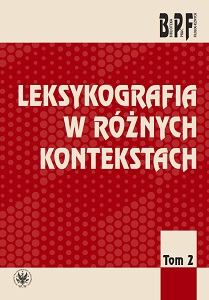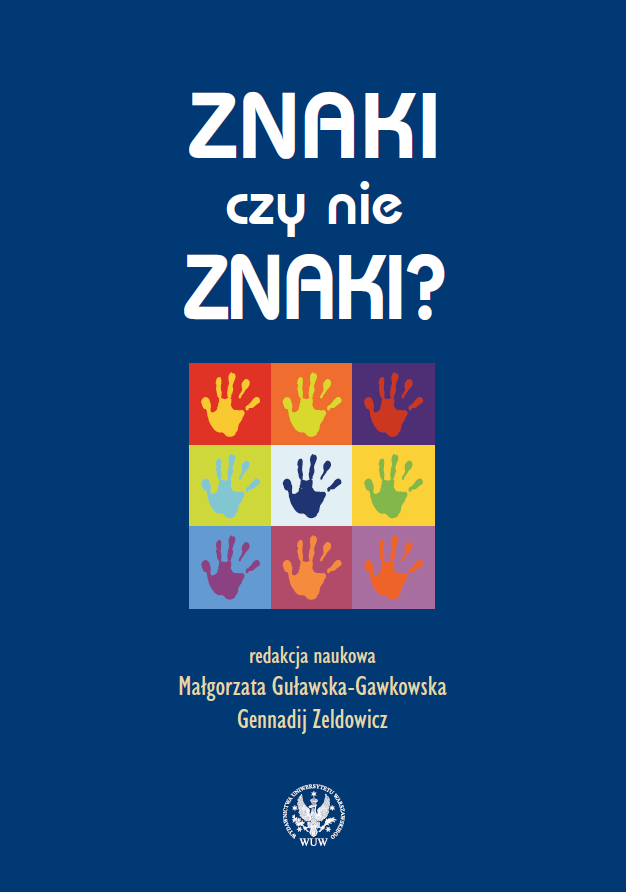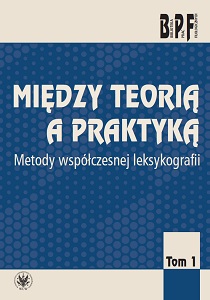
Słowniki polskiego języka migowego dostępne on-line. Krytyczna analiza leksykograficzna
The article analyses four dictionaries of Polish Sign Language available on the Internet: 1. Multimedialny słownik języka migowego [‘Multimedial Sign Language Dictionary’], compiled as a part of the project Safe Citizens of the World of Silence (PZGSzczecin); 2. SpreadTheSign, an international dictionary of selected national languages (including Polish Sign Language PJM); 3. Polish Sign Language Dictionary, prepared as a part of the project migaj.eu; 4. The Polish Sign Language Corpus Dictionary, created by the Sign Language Linguistics Laboratory at the University of Warsaw. The items mentioned above have been analysed both in terms of the purpose they are supposed to serve and the differences between them at the level of their micro- and macrostructure.
More...

